-
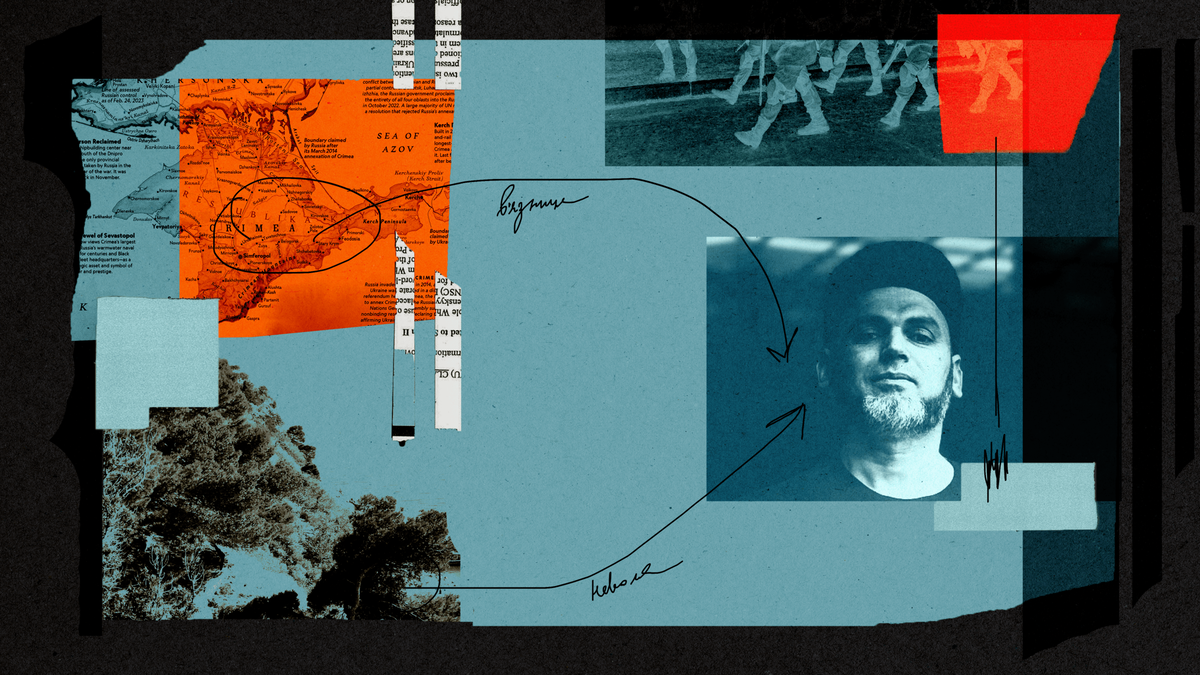 Free voices of Crimea — 20 September 2024Rustem Sheikhaliev: To Build a Home and To Be FreeSuriya and the children only managed to settle in the new house in 2015. Sheikhaliev never got to enjoy it with his family. To live in his own house. To hear the laughter of his grandson, who will soon turn one in October 2024
Free voices of Crimea — 20 September 2024Rustem Sheikhaliev: To Build a Home and To Be FreeSuriya and the children only managed to settle in the new house in 2015. Sheikhaliev never got to enjoy it with his family. To live in his own house. To hear the laughter of his grandson, who will soon turn one in October 2024 -
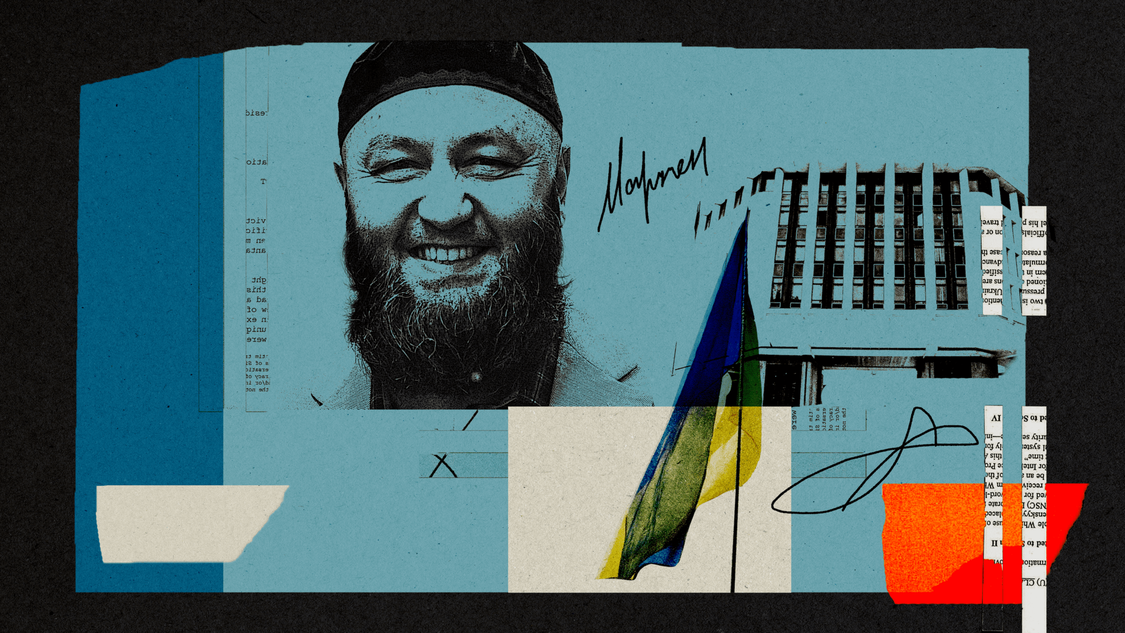 Free voices of Crimea — 30 August 2024Marlen (Suleyman) Asanov: My NameOn October 10, 2017, as he returned home, Asanov leaned close to his four-year-old daughter, Safiye, inhaling the familiar scent of her dark hair. He whispered, “I feel for those who have been deprived of their freedom. I want every prisoner to embrace their children and feel their scent as soon as possible”
Free voices of Crimea — 30 August 2024Marlen (Suleyman) Asanov: My NameOn October 10, 2017, as he returned home, Asanov leaned close to his four-year-old daughter, Safiye, inhaling the familiar scent of her dark hair. He whispered, “I feel for those who have been deprived of their freedom. I want every prisoner to embrace their children and feel their scent as soon as possible” -
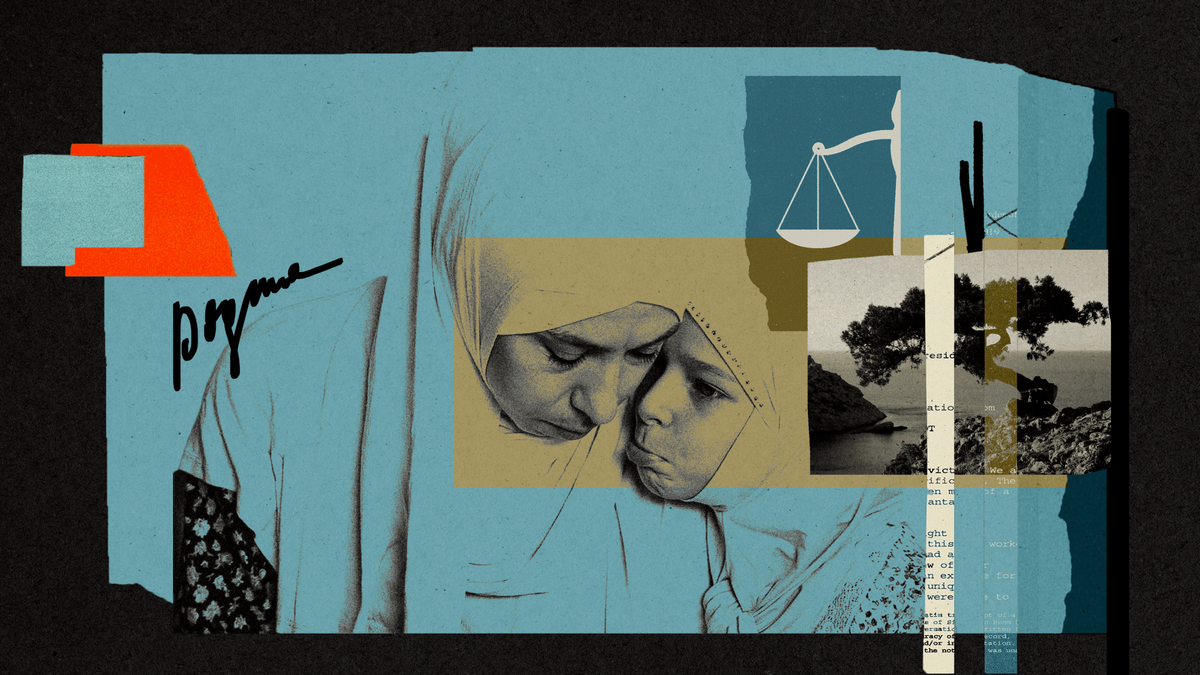 Free voices of Crimea — 9 August 2024Remzi Bekirov from Freedom StreetOn a piece of white sheet, he drew with a black pen the wagons in which the Crimean Tatars were deported from Crimea. On each of them are written the years of deportation: 1944 and 2014
Free voices of Crimea — 9 August 2024Remzi Bekirov from Freedom StreetOn a piece of white sheet, he drew with a black pen the wagons in which the Crimean Tatars were deported from Crimea. On each of them are written the years of deportation: 1944 and 2014 -
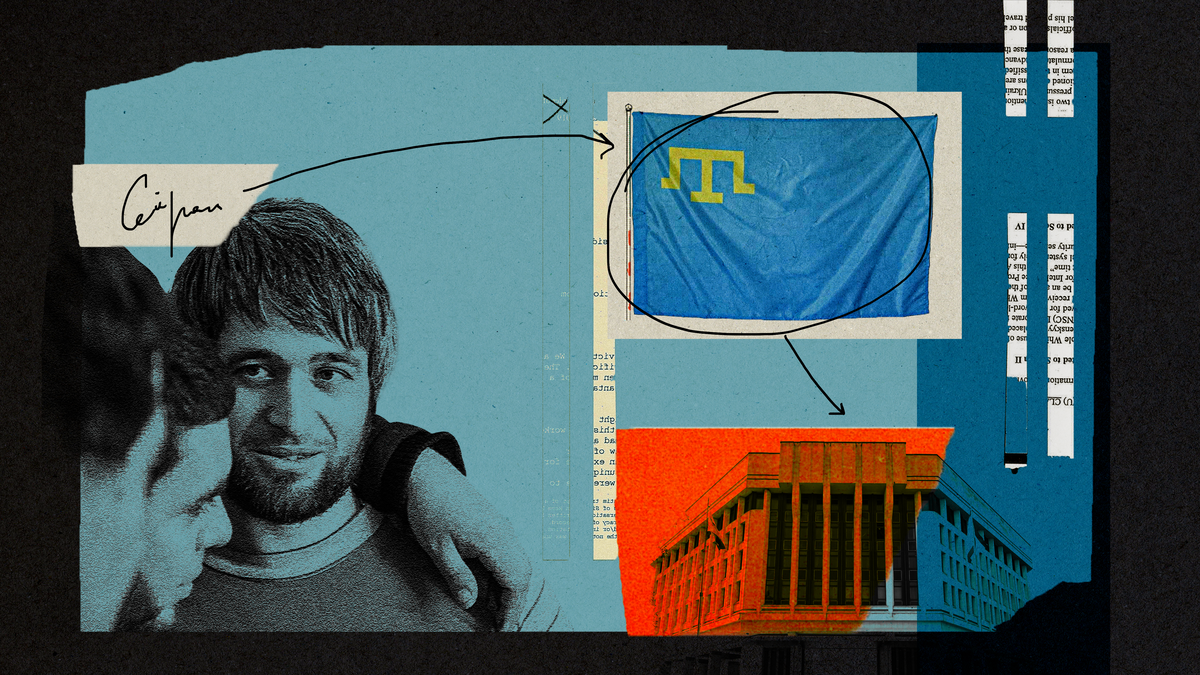 Free voices of Crimea — 23 July 2024Seyran Saliyev, without whom things just won’t happenSaliyev found himself at his first protest campaign when he was only seven months old. Things like this happen when your mother is an activist in the Crimean Tatar national movement advocating for the return of her people to their homeland
Free voices of Crimea — 23 July 2024Seyran Saliyev, without whom things just won’t happenSaliyev found himself at his first protest campaign when he was only seven months old. Things like this happen when your mother is an activist in the Crimean Tatar national movement advocating for the return of her people to their homeland -
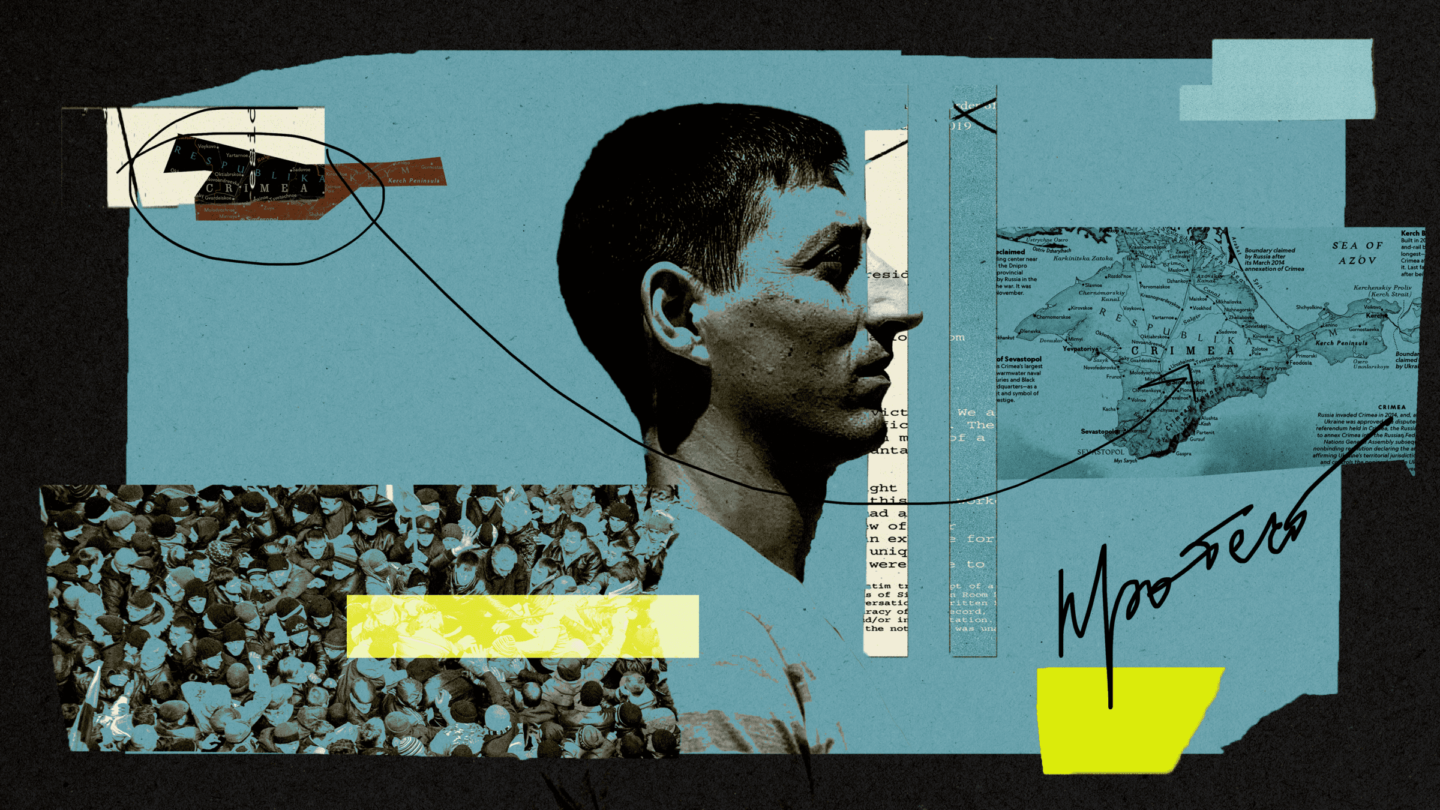 Free voices of Crimea — 24 June 2024Asan Akhtem: I Want to BreatheLate at night on September 4, 2021, the Federal Security Service (FSB) officers burst into the Akhtem family’s apartment. It was not even midnight, and Akhtem and his wife had just gone to bed. The silence was shattered by screams and footsteps as armed men in balaclavas entered the room—more than ten of them
Free voices of Crimea — 24 June 2024Asan Akhtem: I Want to BreatheLate at night on September 4, 2021, the Federal Security Service (FSB) officers burst into the Akhtem family’s apartment. It was not even midnight, and Akhtem and his wife had just gone to bed. The silence was shattered by screams and footsteps as armed men in balaclavas entered the room—more than ten of them -
 Free voices of Crimea — 15 May 2024Server Mustafayev: “The Smell of Freedom Is Close.”During the first year after Mustafayev’s arrest, his sons played a game of “house search.” They built a prison out of colorful building blocks and “freed” their father
Free voices of Crimea — 15 May 2024Server Mustafayev: “The Smell of Freedom Is Close.”During the first year after Mustafayev’s arrest, his sons played a game of “house search.” They built a prison out of colorful building blocks and “freed” their father -
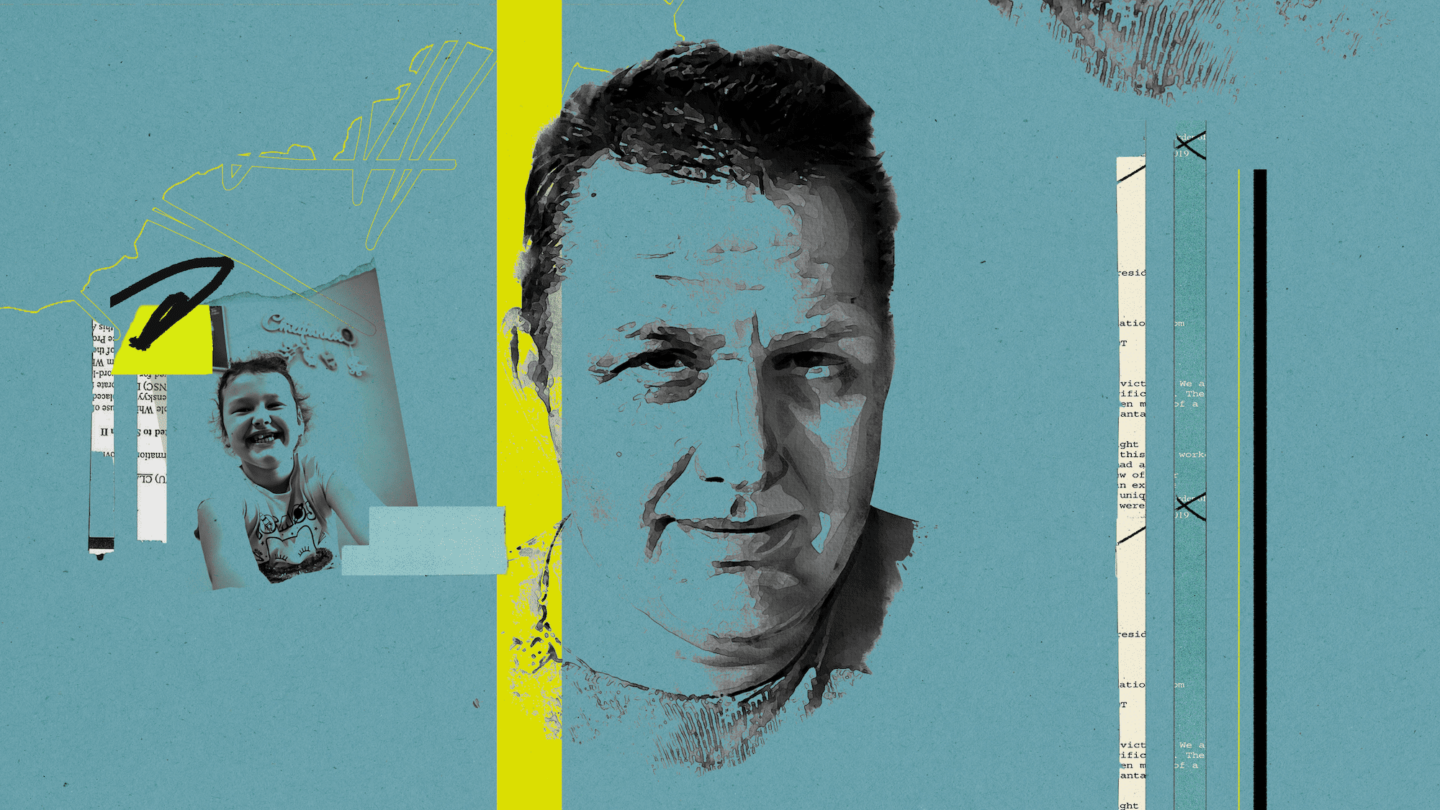 Free voices of Crimea — 11 April 2024Vladyslav Yesypenko: To hold your little hands in mineThe occupation of Crimea unfolded before Yesypenko’s eyes. He filmed extensively on his phone: blocked Ukrainian military bases in Crimea, strikes, land grabs by the Russian army, and polling stations during the ‘referendum’
Free voices of Crimea — 11 April 2024Vladyslav Yesypenko: To hold your little hands in mineThe occupation of Crimea unfolded before Yesypenko’s eyes. He filmed extensively on his phone: blocked Ukrainian military bases in Crimea, strikes, land grabs by the Russian army, and polling stations during the ‘referendum’
Майже готово
Вкажіть ще, будь ласка, своє ім’я та емейл.
Дякуємо і до зв’язку незабаром!
